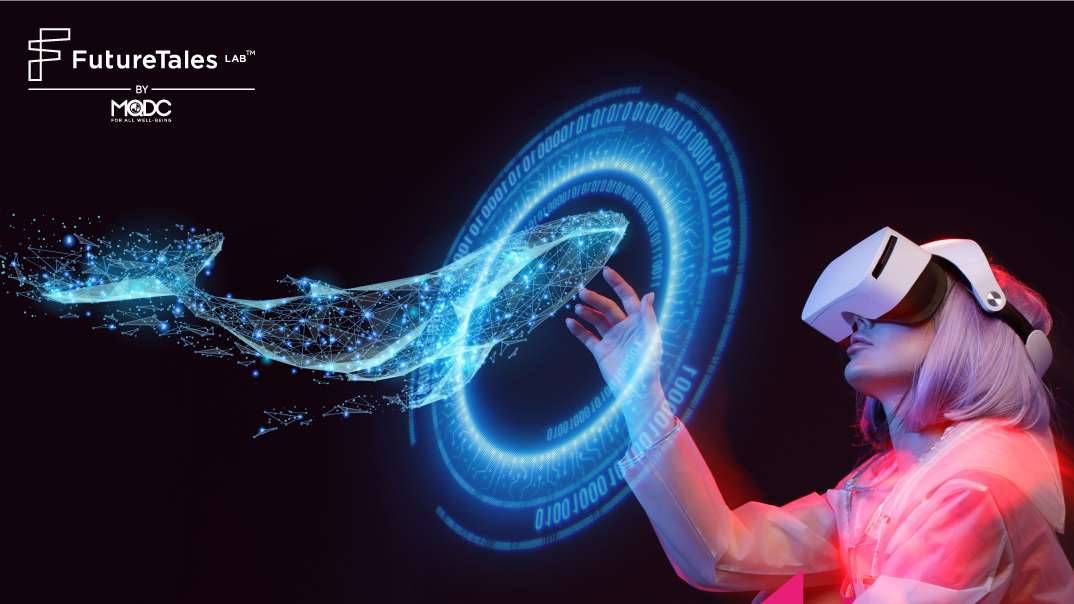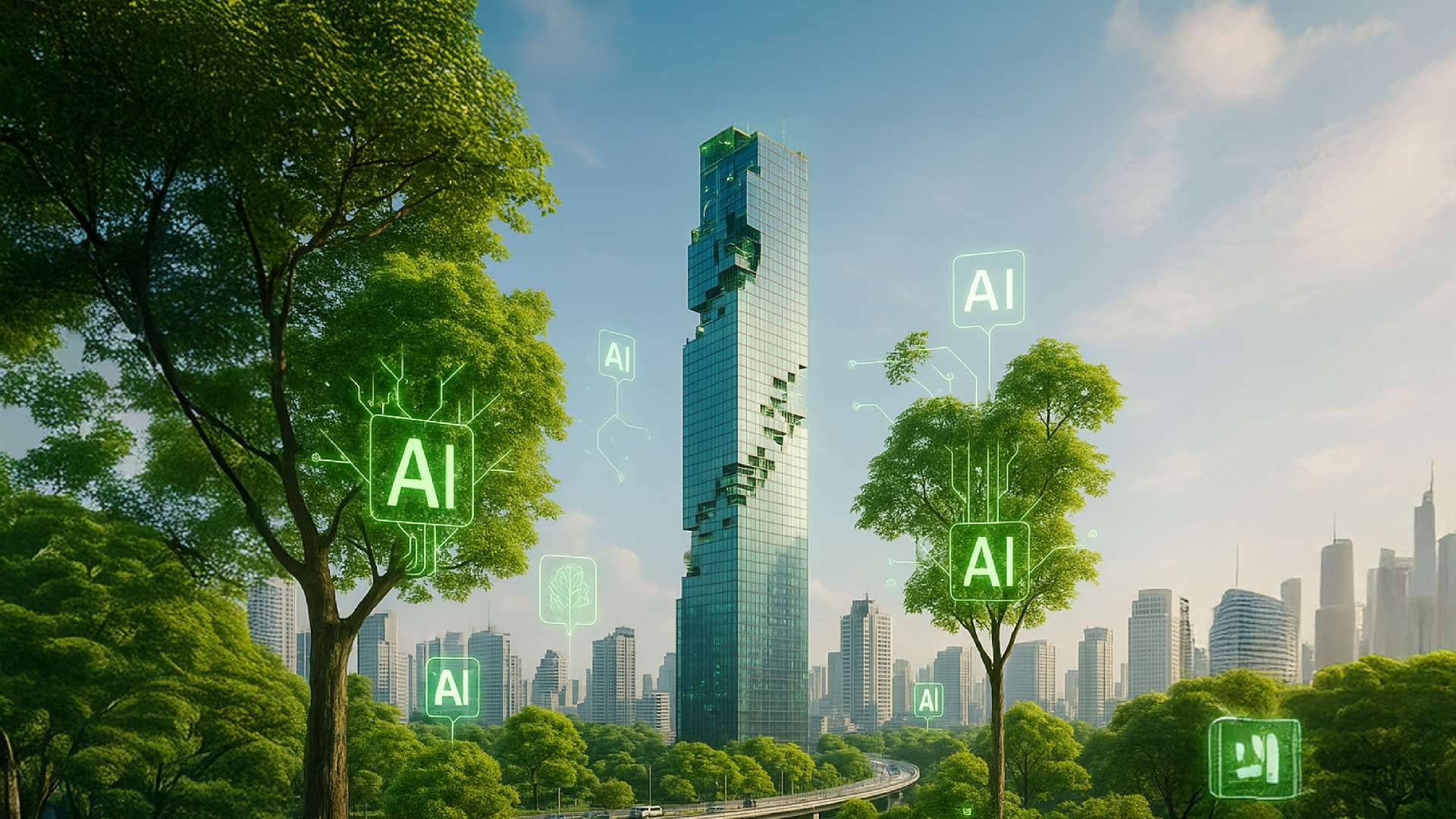
The Future of Exhibition Design
ARTICLES | Sep 26, 2022
Writer: Nuttawut Kulkaew
Editor: Wittaya Wonglor
Exhibitions and events in the next 10 years will focus on human-centered values and technology that can entertain and assist visitors.
Event management technology will apply face recognition with robots and chatbots as standard at events. The market is expected to grow 11% between 2016 and 2026 with these 5 key trends:
1. Connecting with consumer behavior to meet individual needs
Show managers and exhibitions will creates an engaging and accessible experience. AI with language processing will be more important, targeting the audience using an information management system.
2. Virtual Reality Experience
The word metaverse is already widely used and virtual worlds such as VR, AR, MX will play an important role in inspiring and informing visitors to museums and exhibitions.
Sight, sound, smell, taste, and touch will pass from digital devices to users by 2030, such as through haptic suites. Visitors will get a sensory experience from the exhibition. VR and AR glasses will become smaller and more widespread. Tools will eventually become invisible. Visitors will be able to experience through every sense more and more clearly.
71% of event designers are moving to digital strategy. 97% of professional marketers expect to see a greater mix of virtual and real-world events. 67% also see hybrid events as the field’s future. 66% of marketers say they need to learn how to design a digital event experience to prepare for the future.
3. Engaging interaction through games
In addition to sensory experience, exhibition design also requires more audience participation than ever before. Gamification and interactive exhibition space and display responsiveness will grow. Virtual technology will invite people to visit game stations at the exhibition, persuading people to visit and creating an entertaining experience.
4. Health and Safety
During the pandemic, 62% of the organizers were most concerned about the health and safety of the participants. 58% of the public are concerned about the safety of offline activities. Both current and future exhibits need to create a safe experience. 39% of event planners say they want all exhibitors to provide proof of coronavirus vaccination before participating.
5. Sustainability
Sustainability issues will be a big challenge in organizing exhibitions, as most are temporary trade shows. But event organizers around the world are trying to keep waste to a minimum and fostering a more circular economy. 83% of event professionals say their organization takes sustainability into account at the planning stage, especially using less paper and power and reducing waste.
Implications for the future:
- Future exhibitions will be designed to make trading easier, smoother, and more attractive.
- Viewers will continue to seek experiences that exceed expectations. The next challenge is not to bring VR or AR equipment to the exhibition but to create a narrative and communicate an edifying message to the audience.
Reference:
- https://www.bridgewaterstudio.net/blog/the-future-of-exhibition-design-museum-trade-show-beyond
- https://exhibitionnews.uk/how-will-the-exhibition-of-the-future-look/
- https://explodingtopics.com/blog/event-industry-trends
- https://blog.convious.com/the-future-of-museums
- https://sovereignexhibitions.co.uk/hottest-tech-trends-shaping-future-exhibiting/
- https://www.bizzabo.com/blog/event-marketing-statistics/
- https://www.socialtables.com/blog/event-technology/event-technology-trends/
- https://eventtechlive.com/the-future-of-trade-shows-where-does-technology-fit/news/guestauthor/
- https://www.quadrant2design.com/exhibition-trends-in-2022/
- https://www.museumnext.com/article/why-we-need-museums-now-more-than-ever/
- http://www.project-musa.eu/wp-content/uploads/2017/03/MuSA-Museum-of-the-future.pdf
Want to know more about us? CLICK https://www.facebook.com/FutureTalesLABbyMQDC or follow https://www.blockdit.com/futuretaleslab











